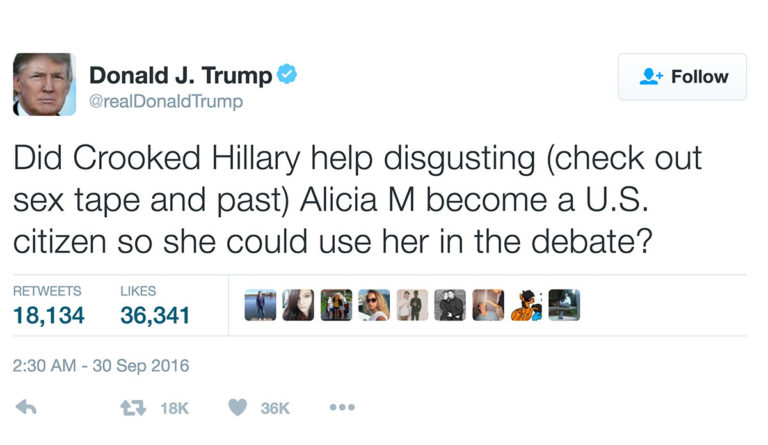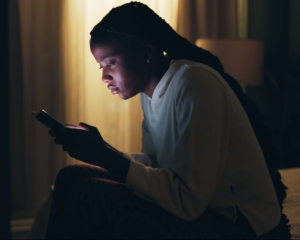Online Bullying and the Bystander Effect
Cyberbullying’s detrimental effects are not only limited to its victims. Because it is generally performed so publicly—especially when it takes place on social media—it can also have a desensitizing effect on those who witness it.

Read Time: 4 minutes
Published:
Melania Trump will become First Lady of the United State in January. She recently said that as First Lady she will dedicate herself to fighting online bullying. “Technology has changed our universe,” she said. “Our culture has gotten too mean and too rough especially to children and to teenagers… We have to find a better way to talk to each other, to disagree with each other, to respect each other.”
The irony was not lost on many. Throughout the 2016 campaign, Ms. Trump’s husband has called women “fat pigs,” “disgusting,” and “nasty.” He has nicknamed his opponents “little,” “lying,” and “crooked.” He has referred to people of Hispanic descent as “bad hombres,” “rapists,” and “drug dealers.” He has singled out reporters—particularly women—in front of rallies of thousands, many of whom have faced intense backlash from his followers online.

While these statements describe a major party candidate for president, they could just as easily have come from the mouth – or social media feed – of a high school bully.
Donald Trump has been accused of appropriating language of bullying throughout his campaign . Much of this hateful speech has been broadcast from his very active Twitter account, which has over 12.5 million followers. It’s a reflection of a reality that millions of young people in America live with at the highest levels of the national conversation: public humiliation at the hands of a cyberbully.
StopBullying.gov defines cyberbullying as any kind of bullying that takes place on electronic devices such as phones, computers, and tablets. It often takes the form of aggressive messages, rumors, embarrassing pictures or videos and fake profiles shared over social media and text messages. According to a report released by this year by the National Academies of Science, Engineering and Medicine, up to 15% of young people in America have been bullied online.
However, cyberbullying’s detrimental effects are not only limited to its victims. Because it is generally performed so publicly—especially when it takes place on social media—it can also have a desensitizing effect on those who witness it.
At a time when 92% of American teenagers use the internet every day, this is a disturbing trend that demands attention as smart devices and social media continue to further integrate themselves into our daily lives. A 2014 report by Dr. Charisse L. Nixon of Pennsylvania State University found connections between internet bullying and depression, anxiety, self-esteem issues and substance abuse. Most disturbingly, adolescent victims of cyberbullying were found to be almost twice as likely to have attempted suicide .

However, cyberbullying’s detrimental effects are not only limited to its victims. Because it is generally performed so publicly—especially when it takes place on social media—it can also have a desensitizing effect on those who witness it. A study released earlier this year by Sara Pabian of the University of Antwerp looked at a group 10-13 year olds who self-reported their involvement with online bullying in two surveys over a seven month period. They found that students who observed bullying behaviors online showed decreased empathy toward victims over time .
This result is consistent with the literature on in-person bullying (such as this study by Gianluca Gini and colleagues in 2008) which shows that witnesses become desensitized over time. The bystander effect is dangerous and undermines efforts to stop cyberbullying. It also raises serious questions about the effects of the 2016 election cycle on the country. It is hard to believe that the kind of aggressive language peddled by Donald Trump and his surrogates could pass by without some effect.
Researchers are developing and studying training programs that can be used in schools to raise awareness and limit cyberbullying among students. As First Lady, Melania Trump should look to this research for guidance. It is far less clear, unfortunately, what can be done on a national level. President-Elect Trump can set the tone for his wife’s campaign by modeling anti-bullying behavior. However, that would require a dramatic change in the tone and tenor of his rhetoric, from the rally stage to his Twitter account. Whether he does or not, we should actively resist de-sensitization and speak up for anyone being victimized by cyberbullies.



